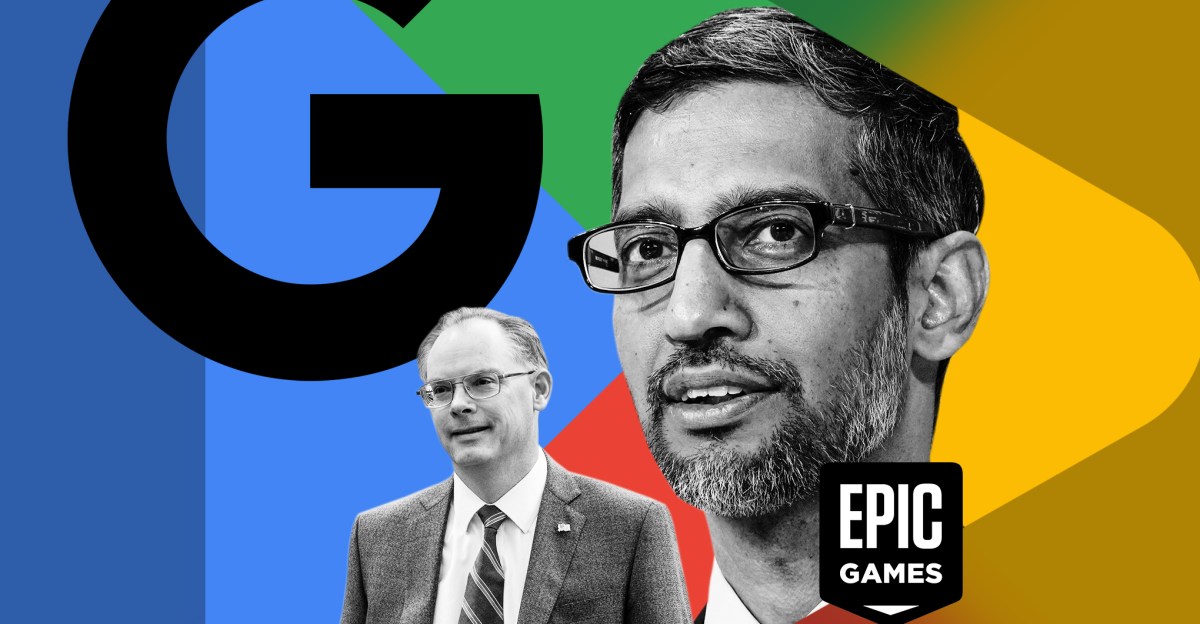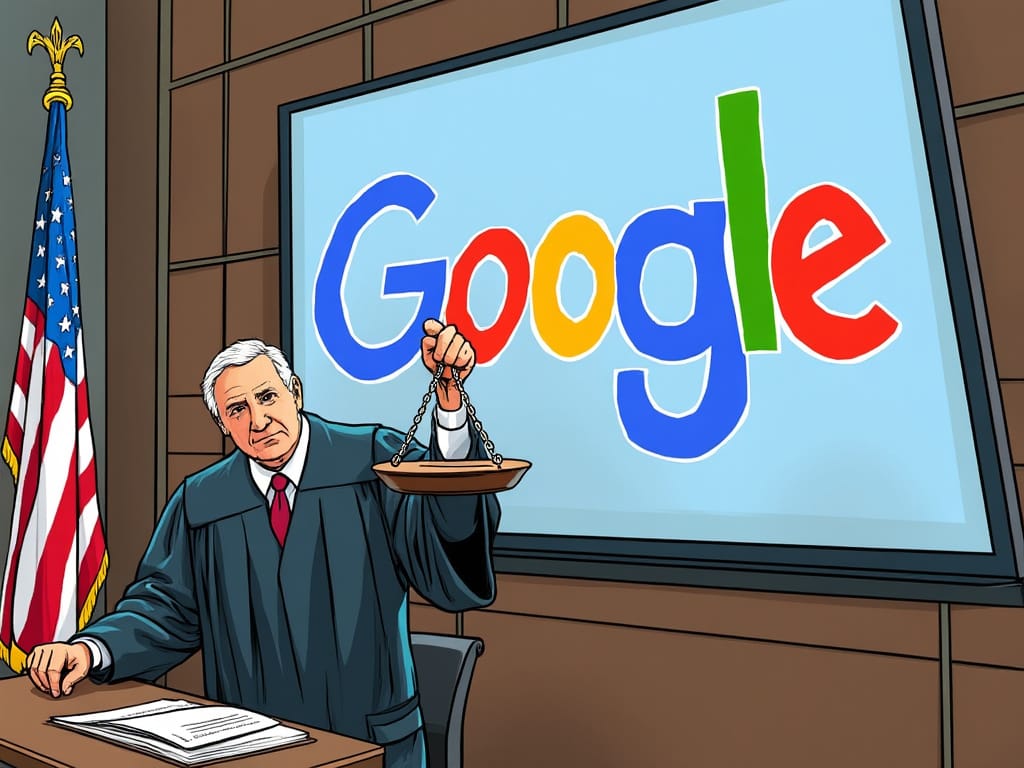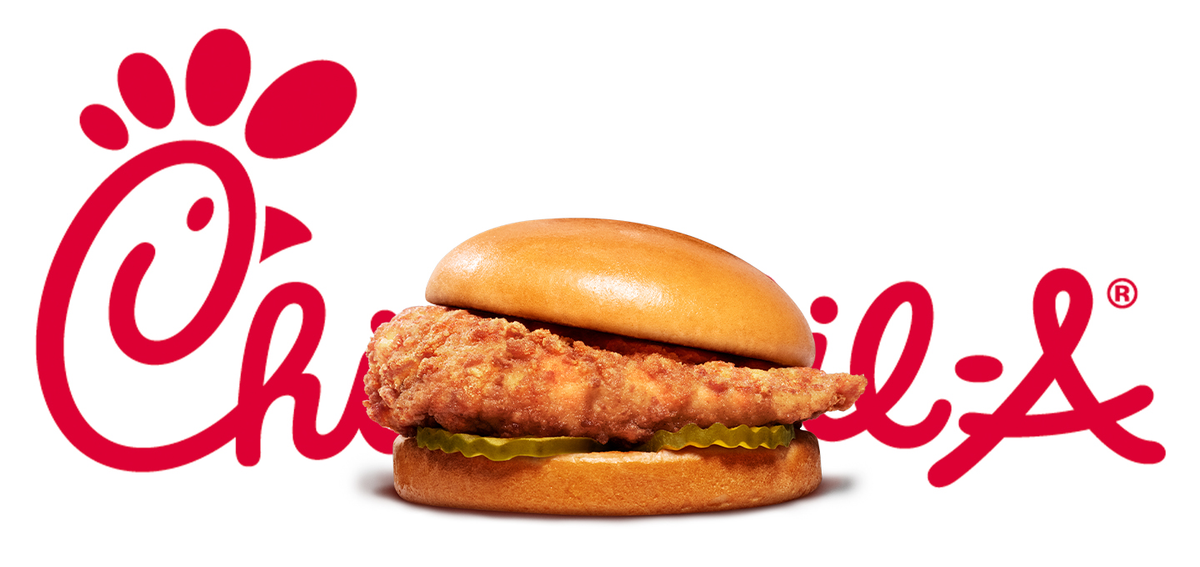Google's Epic Play Store Trade Puts More Pressure on Apple

With Google on the clock in their last-ditch attempt to be heard (or not) by the Supreme Court, we have a last minute trade!
Google is agreeing to reduce its standard fee to 20 percent or 9 percent, depending on the kind of transaction. It’s agreeing to create a new program in the very next version of Android where alternative app stores can register with Google and (theoretically) become first-class citizens that users can easily install. And it appears to be agreeing to offer “Registered App Stores” and lower fees around the world, not just in the US, lasting through June 2032 — six and a half years instead of just three.
Essentially, it seems like Epic is agreeing to let Google retain some control over the Play Store (and, notably, the fee structure) in exchange for Google agreeing to roll out changes worldwide (not just in the US as was required) and for a longer timespan. I'm not sure it's a win/win but it's a win/less-loss. It's an Epic-was-going-to-win-so-they-take-less-of-a-win-to-expand-the-scope-of-the-win, win.
I've long been on record saying that this case was potentially more troublesome to Google than their actual antitrust case (well, the Search one, as yes, there are two). And sure enough, while the antitrust remedies ended being in some ways the best possible outcome, Google kept getting hammered on this ruling. And it was going to fundamentally alter the business model for the Play Store.
That is still happening with this proposal, but Google is reducing the damage somewhat thanks to the joint proposal with Epic – if the judge agrees to it (which presumably he will given how happy Epic clearly is with this "awesome proposal".).
It's a bit convoluted, but assuming I'm reading it right, essentially, the old 30% commission is gone – as is the newer, lower 15% fee for certain types of smaller developers. Instead:
The details of how, when, and where Google would charge its fees are complicated, and they seem to be somewhat tailored to the needs of a game developer like Epic Games. Google can charge 20 percent for an in-app purchase provides “more than a de minimis gameplay advantage,” for example, or 9 percent if the purchase does not. And while 9 percent sounds like it’s also the cap for apps and in-app subscriptions sold through Google Play, period, the proposal notes that that amount doesn’t include Google’s cut for Play Billing if you buy it through that payment system.
That cut will be 5 percent, Google spokesperson Dan Jackson tells The Verge, confirming that “ This new proposed model introduces a new, lower fee structure for developers in the US and separates the service fee from fees for using Google Play Billing.” (For reference, Google currently charges 15 percent for subscriptions, 15 percent of the first $1M of developer revenue each year and 30 percent after that, though it also cuts special deals with some big developers.)
There's clearly quite a bit of gray area that still needs to be sorted out here, but my read is that if developers choose to mainly use Google's Play Store rails for in-app purchases, they'll pay 20%. If they don't, they'll pay 9%, plus 5% if they use Play Billing. So it sounds like it's a new 80/20 (86/14 or 91/9) model, depending on how developers choose to use the Google's services. If they use their own payment methods, they should just have to pay a 9% "service fee" on sales. That's not nothing, but it's also not 30%. And it's a nice discount over the 15% for smaller developers too. Though if they choose to use Play Billing, it may just be a 1% discount to the current model.
But because the ruling also makes it so that Google has to allow for third-party services billing options in-app – not just linking out on the web – you have to imagine that developers are going to offer their own direct pay options alongside Google Play billing (which yes, is still required to be an option now with this proposal – and I think is fair, let Google compete for the customer!). And clearly third-parties will pop-up to make such options easy – it seems like Stripe already is doing that.
And again, this is all in play around the world, not just the US. That's the big trade Epic is making. Because they know that the third-party app store options are not going to be viable if their only piecemeal options available in just some countries. That's too much work for a developers to do for limited potential upside. Now there's a lot more upside.
It will be fascinating to see – again, if this deal is accepted by the judge – what this does to Google's bottom line. Their services business is clearly going to take a hit, but how big of one?
One more thing: the next obvious question is what this means for Apple. Short term, nothing. While Apple is battling their own various fights tangential to this one, they largely won their Epic battle, while Google largely lost their's. Ironically, it came down to Google's promise of "open" – a promise which Apple never made.
Still, this will clearly put yet more pressure on Apple to change their own App Store rules. And it potentially sets a new standard for what "acceptable" app store cuts might look like. One could imagine the judge that is so clearly annoyed with Apple over their own funny business with such numbers, might want to know these terms that Google and Epic just agreed to...
That plus 29 – 29! – countries and counting now forcing Apple to open up their platform to third party app stores, paints a picture of Apple being painted into a corner. They should probably be proactive here and make some changes before the courts keep making them do so and try to earn back some goodwill with developers. But it's Apple.
But also, this certainly won't settle down you-know-who...







